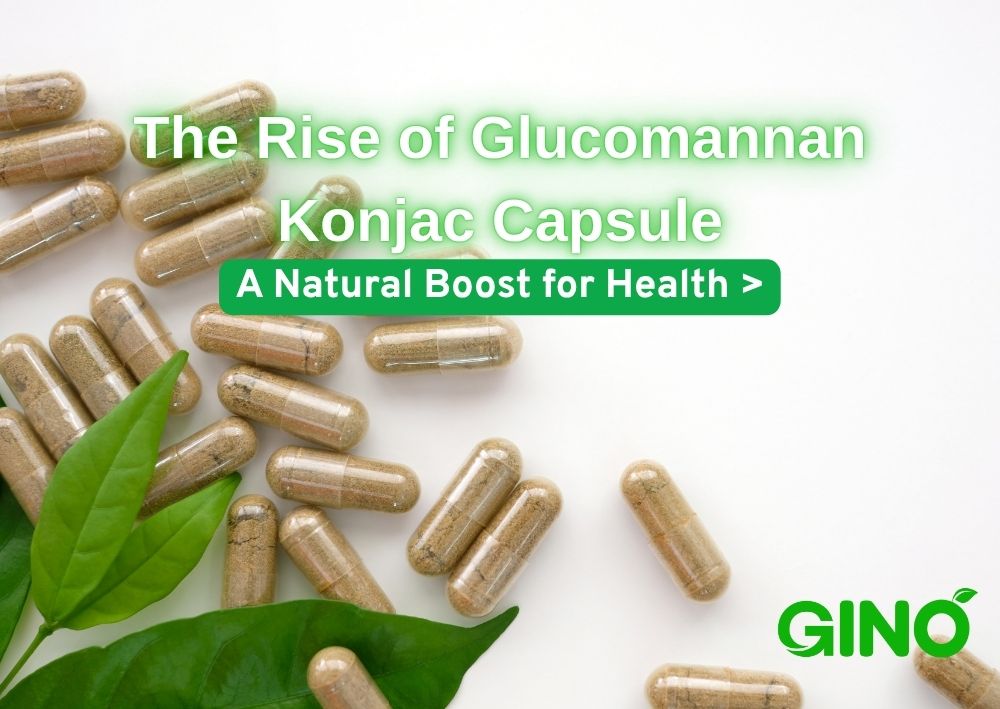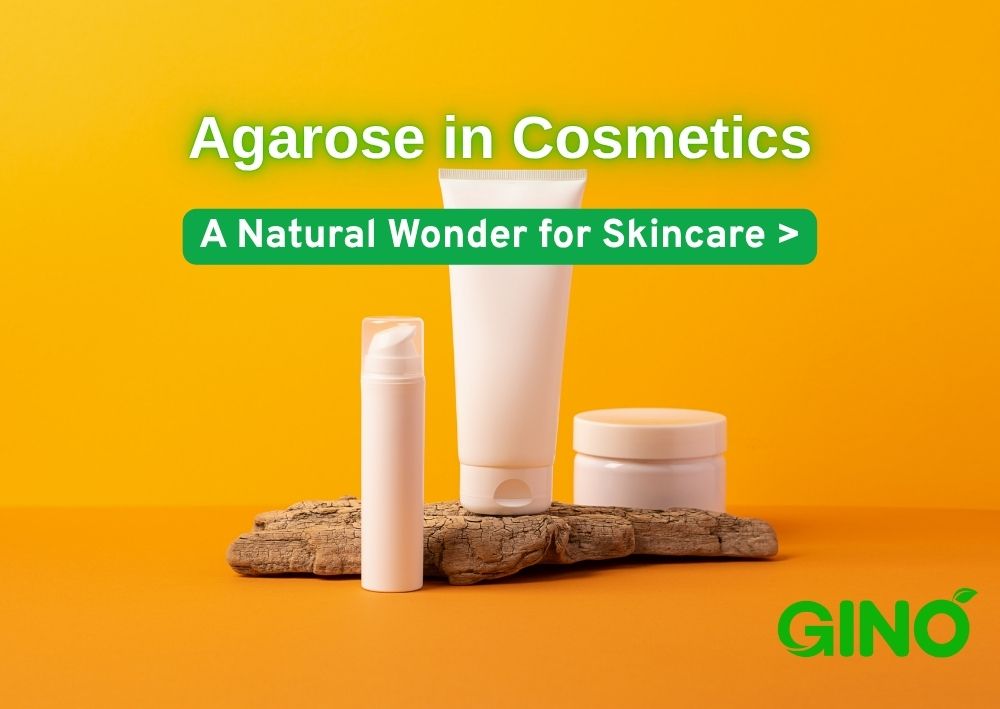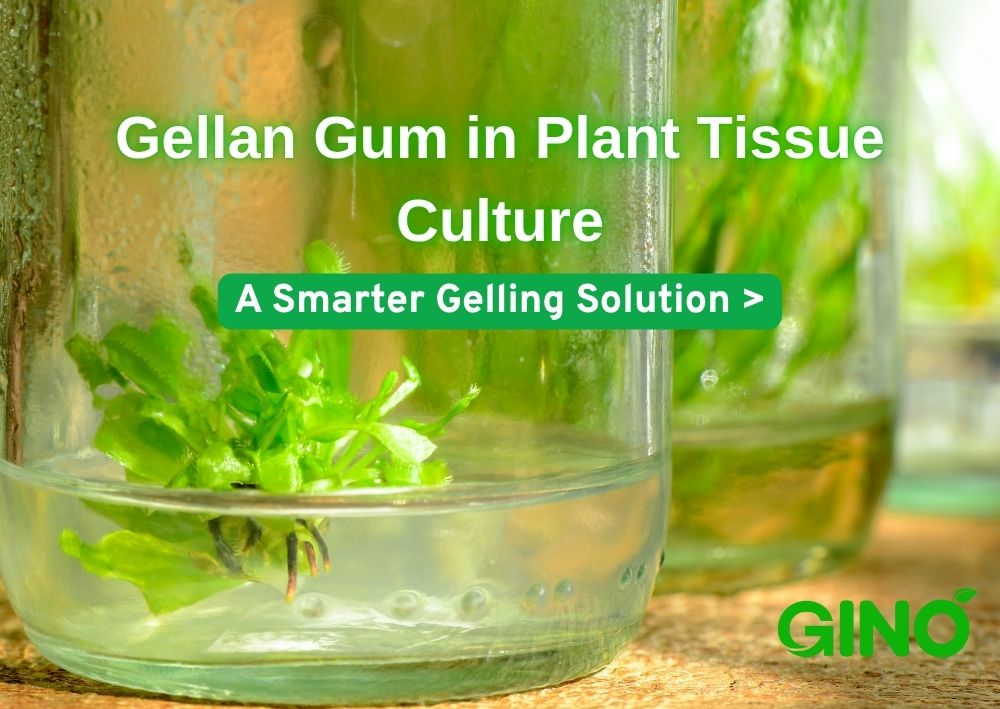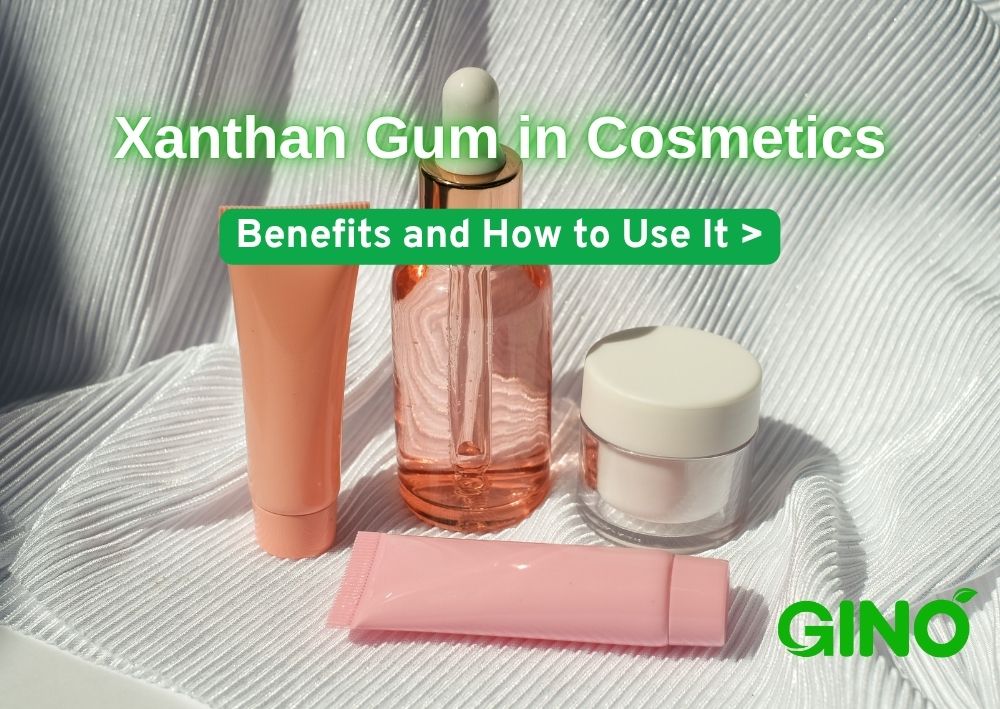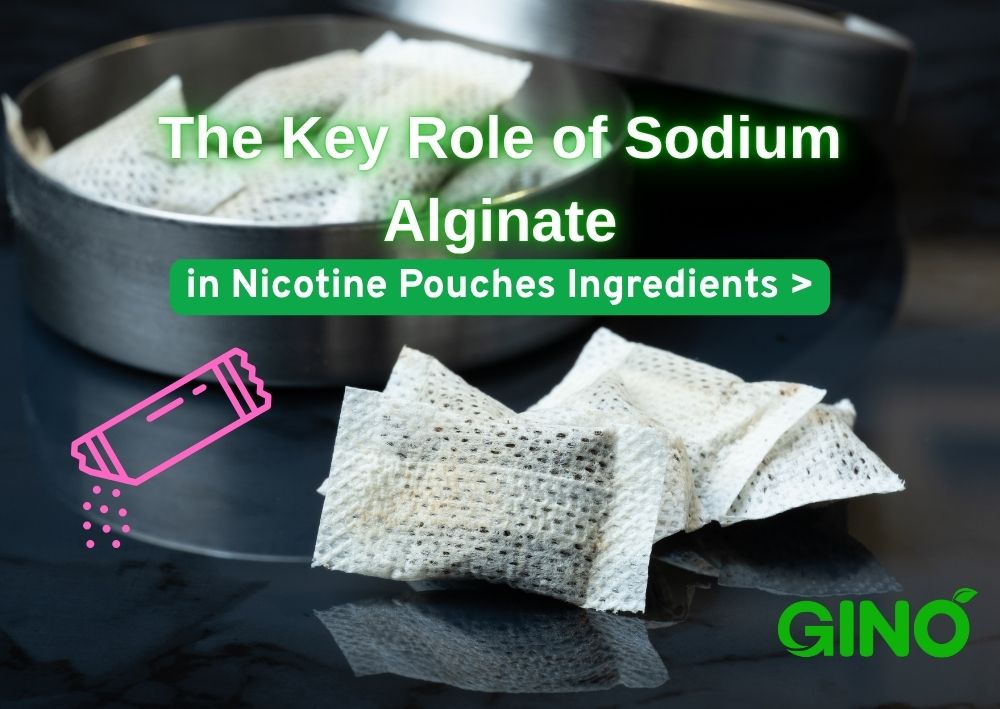
Which Food Gum has the Better Resistance to Acid, Alkali and Salt?
Which Food Gum has the Better Resistance to Acid, Alkali and Salt?
1. What is Food Gum
Food gum is usually a macromolecular substance that is dissolved in water and can be fully hydrated under certain conditions to form a viscous, slippery or jelly liquid.
In processed food, it can provide thickening, viscosity, adhesion, gel-forming ability, hardness, brittleness, tightness, stable emulsification, suspension, etc., so that the food can obtain various shapes and hard, soft, crisp, sticky, thick and other kinds of taste, therefore, it is also often called food thickener, viscosity enhancer, gelling agent, stabilizer, suspending agent, edible gum, etc.
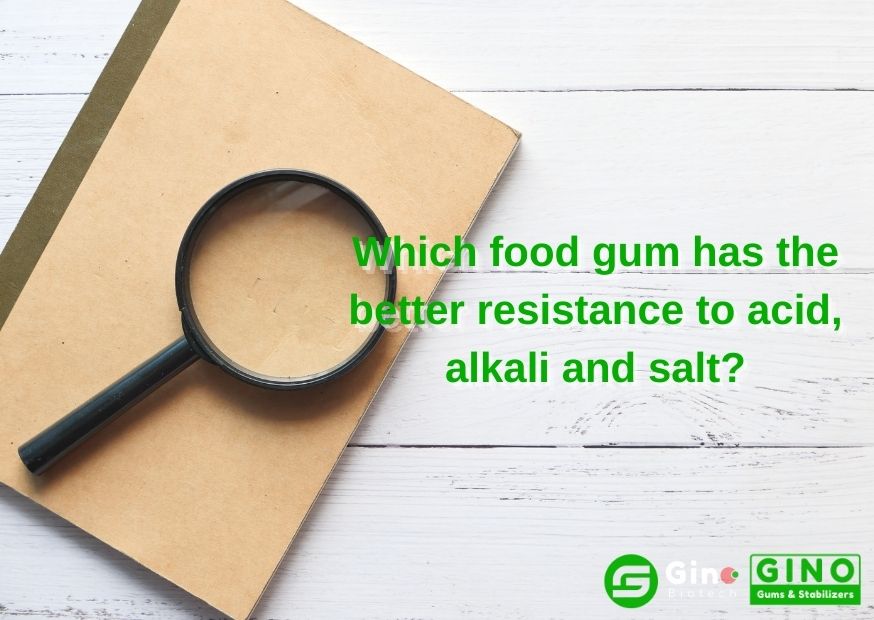
2. Common Food Gum & Typical Properties
Common Food Gum
The common food gums are sodium alginate, agar, carrageenan, pectin, xanthan gum, CMC, etc. Do you know the stability of these food gums under alkaline, acidic and salt conditions?
Food Gum | Typical Properties |
Forms thermally irreversible gels with Ca2+; Gelling time and structure can be controlled by pH, calcium salt type and phosphate buffers and chelating agents; It has film-forming properties. | |
Can form firm, thermally reversible gels when hot solutions are cooled; Solidification temperature is generally below 40 °C and melting temperature is generally above 60 °C, varying with conditions. | |
Carrageenan | In an aqueous solution, Kappa and Iota need K+, Ca2+ respectively to form a hot reversible gel, Lambda does not gel; In milk products, all three types of carrageenan can form a gel, which can stabilize proteins, especially milk proteins, so carrageenan is especially suitable as a food thickener and gelling agent in dairy products. |
HM Pectin: It forms thermally irreversible gels at pH 2.0-3.5 and in the presence of 60-65% sucrose. LM Pectin: It forms thermally reversible gels in the presence of Ca2+. The speed of gelation varies with the degree of methyl esterification. | |
Low concentration can produce high viscosity; the solution has high pseudo-plasticity; high viscosity stability (good resistance to heat, acid and salt). Has a strong emulsion stabilization and suspension effect. | |
Cold water-soluble, can produce a viscous solution, the solution is colorless, tasteless, clear and transparent, with pseudo-plasticity; with film-forming properties. |
Here is this question for you to answer
Which food gum has the better resistance to acid, alkali and salt?
A. Sodium alginate B . Carrageenan C. Xanthan Gum D. CMC
( )
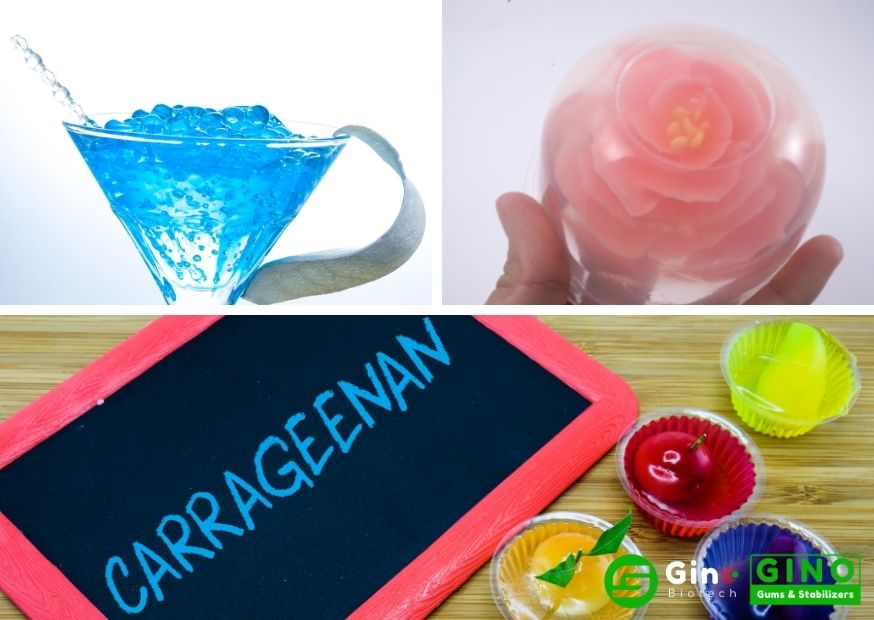
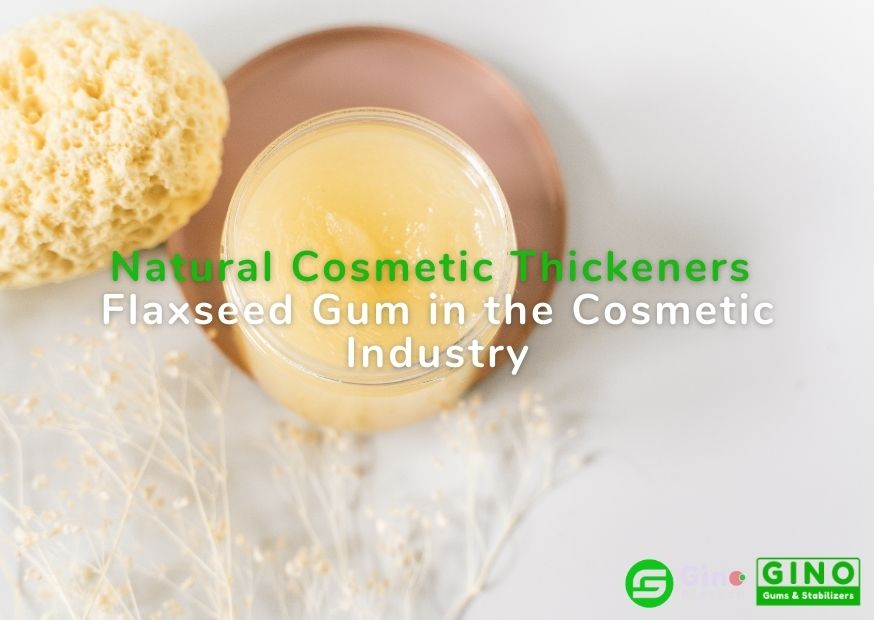
Are Food Thickeners Bad for You?
Food thickeners are some kind of food additives that are widely used in the food industry. Are there any harmful effects of thickeners on the human body?

